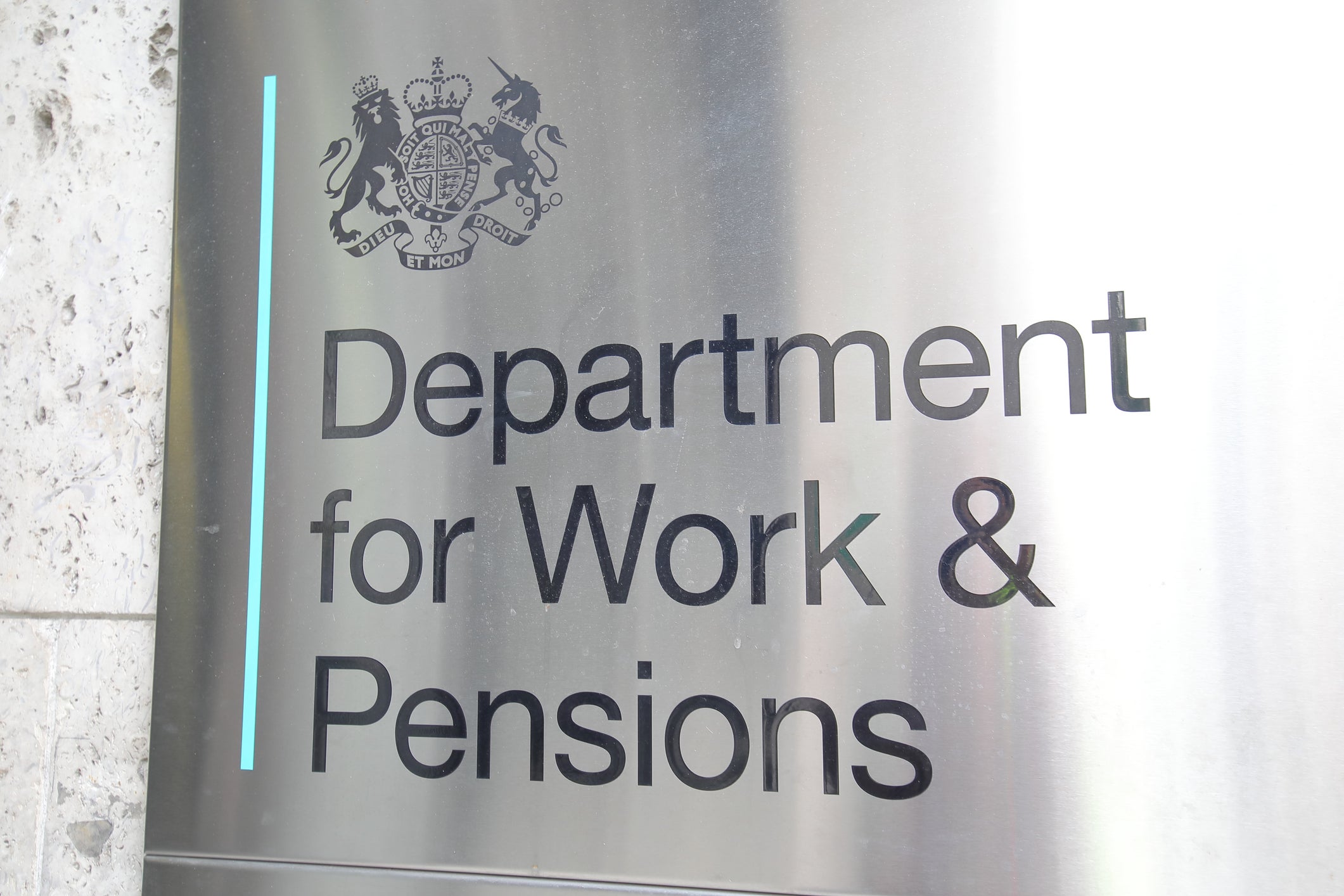The publication of government research undertaken by HMRC around changes to workplace pensions has caused a stir, with the suggestion that the salary sacrifice scheme used by many working people in the UK might be set for an overhaul.
This research questioned how businesses felt about prospective changes which would see pension contributions subject to income tax and National Insurance payments, resulting in an annual cost of up to £560 for employees and £241 for employers, based on an average £35,000 salary.
Presently, most workers are auto-enrolled into saving into their pension automatically, though there are different thresholds, methods and benefits around this. The principle attraction here is that the money is taken from salaries to go into pensions pre-tax, giving relief to the rate of each person’s tax band.
HMRC’s survey of more than 50 companies, commissioned under the previous government but only released by HMRC now, showed that most viewed the proposals for change negatively – though the Treasury has dismissed suggestion of impending alterations as “totally speculative” and said all areas of tax are “regularly” subject to research.
“This is a private HM Revenue & Customs consultation initiated in 2023 and it’s far from certain that the Treasury has any intentions around salary sacrifice, but it’s not the first time that it has come under the spotlight as a potential area for shoring up the tax take,” Gary Smith, financial planning partner at Evelyn Partners, explained to The Independent.
Difference between DB and DC
Defined benefit (DB) schemes are most frequently seen in the public sector and offer a set, guaranteed amount of income in retirement. They can be on a final salary basis or a career average, with employers funding it.
Defined contribution (DC) schemes are much more common and many workplaces use them for auto-enrolled employees.
Here, your eventual pension amount depends on how much has been put in across your working life, plus the returns earned on that invested money by pension providers. As such, they can vary wildly in value and even in terms of timing when is best to access them, depending on external factors like the stock market.
Employee and employer pay in at least eight per cent combined, though many employers may pay in more than their minimum three per cent to match an employee’s contributions.
.jpeg)
Boosting contributions to workplace pensions
A crucial tool workers have in ensuring they have enough to fund their retirement is to up their own pension contributions across the years.
Adding slightly more if you get a raise, for example, can have a material impact later down the line.
And if you’re able to comfortably reduce your immediate income, checking your workplace options to see if you or your employer contributes more is another way to make sure future you is facing a bigger retirement pot.
Salary sacrifice it is not limited to just pension contributions. Childcare vouchers, vehicles or other benefits can come under salary sacrifice schemes.
HMRC proposals and what they would mean for you
It’s important to note that the research published is not something imminently coming into force, or that any changes might occur at all right now.
But pensions are subject to change – it’s only a little over a decade since auto-enrolment came into force, remember.
Changes such as these researched ones might have a massive impact though, not just in what you’re left with decades down the line, but whether companies would even operate it any further.

“Salary sacrifice (SS) is a very efficient and effective way for employees to save into pensions, and it seems inevitable that watering it down – or dismantling it altogether – would hit pension saving, not just because the tax incentive would be diluted but also because faith in the pension system would be dented by more Government interference,” added Evelyn’s Mr Smith.
“After the Chancellor’s Budget statement, when she announced an increase to employers’ National Insurance from April 2025, salary sacrifice arrangements for workplace pension schemes became more attractive for many employers, because of potential NI savings. If SS reform were to be seriously considered, employers who have introduced or started to introduce SS will be wondering which way to turn.
“Making pension contributions via salary or bonus sacrifice is a popular option for those whose earnings might fall into the 60% tax trap, a zone between £100k and £125,140 where the combination of high-rate tax and a tapered reduction in their tax-free personal allowance leads to a highly punitive effective income tax rate of 60%, which for many families is worsened by the withdrawal of child-care benefits.
“The fault here lies with an unfairly structured income tax and benefits system that penalises people in this situation disproportionately for increasing their earnings. Removing a perfectly legitimate mitigation strategy – increasing pension contributions via SS – would seem harsh without reforming the disincentivising tax step itself.”

.jpeg?trim=0,0,0,0&width=1200&height=800&crop=1200:800)